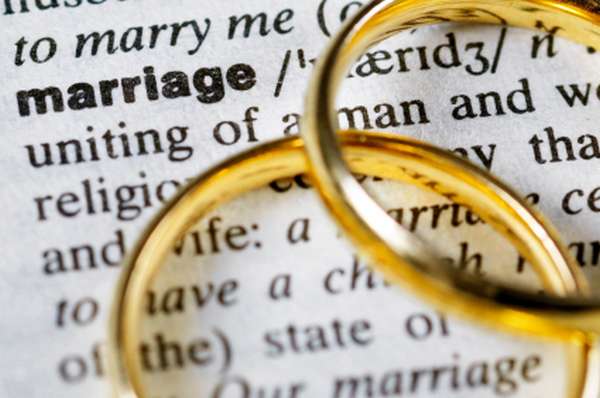Overruled on gay marriage, by UN
The Australian 20 October 2015
After asserting that international law supported gay marriage, Human Rights Commission president Gillian Triggs has been forced to concede that she was unaware of a contrary finding by the United Nations Human Rights Committee.
Professor Triggs made the concession under questioning during yesterday’s Senate estimates hearing after being informed about a 1999 ruling in which the UN committee explained that the right to marry did not extend to same-sex couples.
“I am not familiar with it, no,” Professor Triggs said.
Professor Triggs was being questioned about a recommendation from the Australian Human Rights Commission that parliament should legislate to provide marriage equality as a matter of priority.
When asked if this was an inherent right in human rights law, Professor Triggs said marriage equality was “something that one draws as a legal conclusion from the right to equality”.
“But as president some time ago I decided that as a matter of law in my view and backed by the commission that there was a right to marriage equality,” she said.
This was fully supported by the commission’s legal advice, she said.
Nationals senator Matt Canavan drew her attention to a 1999 decision of the UN Human Rights Committee that says the obligation in article 23 of the International Covenant on Civil and Political Rights “is to recognise as marriage only the union between a man and a woman wishing to marry each other”.
Article 23 says: “The right of men and women of marriageable age to marry and to found a family shall be recognised.”
The UN committee’s decision, in a case known as Joselyn v New Zealand, said: “ … the committee cannot find that by mere refusal to provide for marriage between homosexual couples the state party has violated the rights … under the covenant”.
Senator Canavan asked if the role of the Australian Human Rights Commission was to form new law and whether it was a court. Professor Triggs responded that the commission was not a court and her support for gay marriage was “a very creditable view of the international legal position” and she had legal analysis and jurisprudence that supported that position.
She told the committee that gay marriage was supported by the US Supreme Court, but Senator Canavan told her this was based on the equal protection clause in the US Constitution, which had no equivalent in Australia.
http://www.theaustralian.com.au/subscribe/news/1/index.html?sourceCode=TAWEB_WRE170_a&mode=premium&dest=http://www.theaustralian.com.au/business/legal-affairs/overruled-on-gay-marriage-by-un/story-e6frg97x-1227576274946&memtype=anonymous







